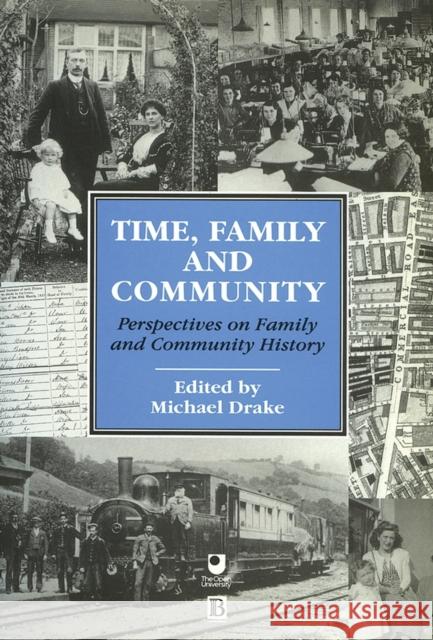Time, Family and Community: Perspectives on Family and Community History » książka
topmenu
Time, Family and Community: Perspectives on Family and Community History
ISBN-13: 9780631192374 / Angielski / Miękka / 1994 / 312 str.
This new reader contains a broad range of authoritative articles, including some newly commissioned pieces, and covers several key facets of family and community history.











